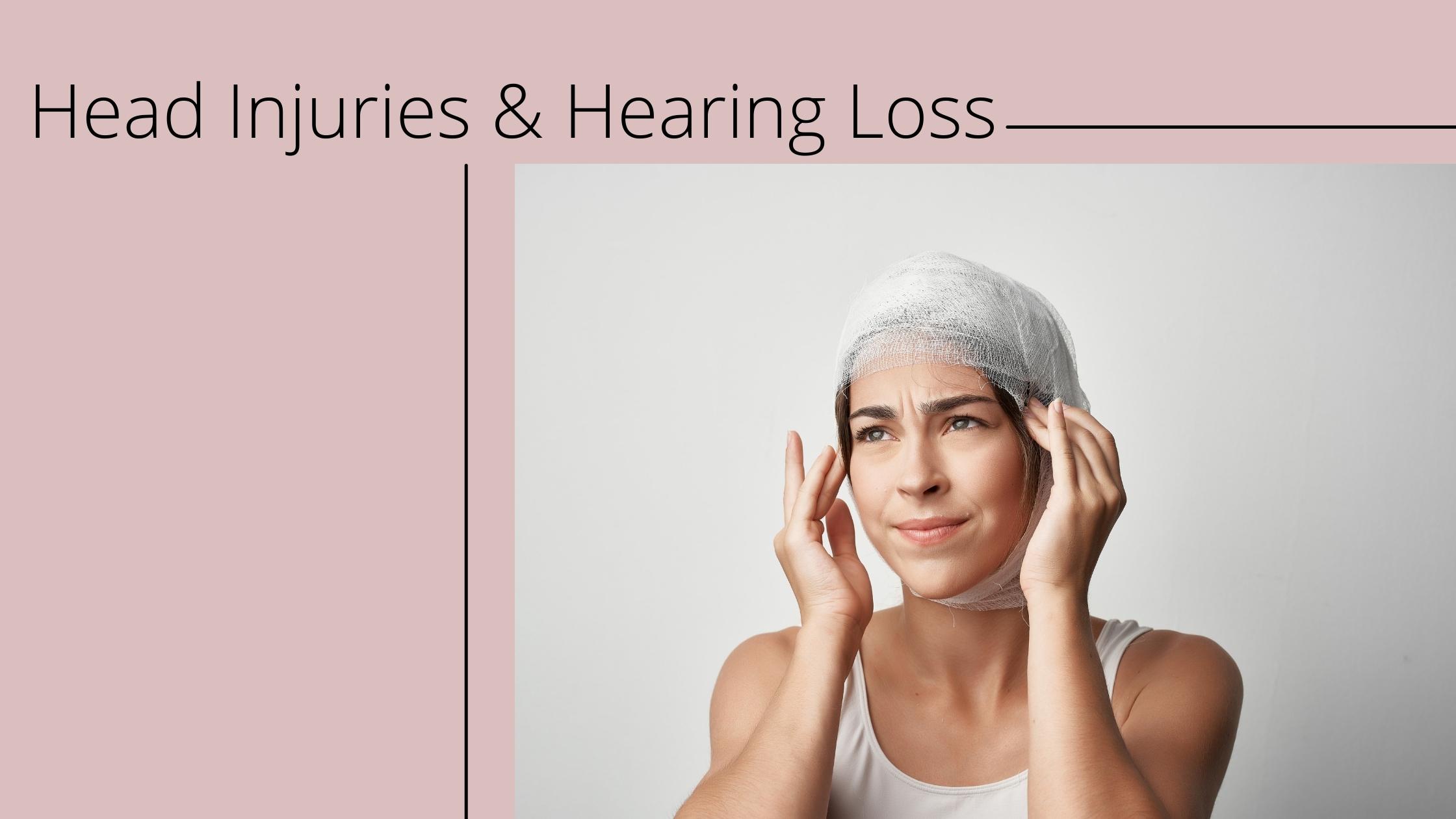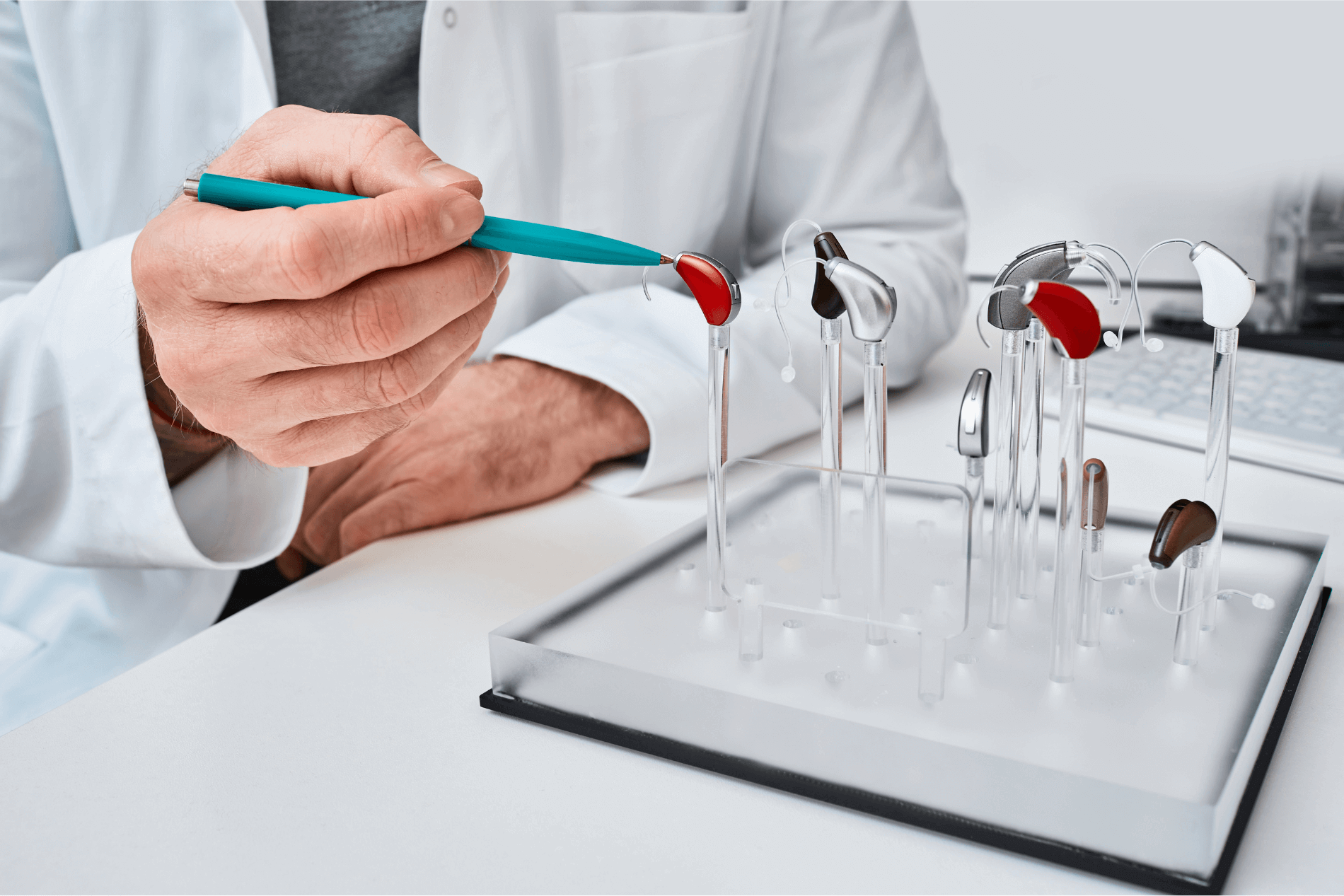
The CDC identifies hearing loss as the 3rd most common, chronic health condition that people experience in the US – more common than cancer and diabetes. This equals around 1 in 8 people or 13 percent of the entire US. It is a condition that often begins slowly so many are not aware that it is a problem until it has progressed to the point where it becomes difficult to converse even in the most sound-controlled of listening environments.
This point in hearing loss often takes years, and during this time serious communication issues have had time to develop into rifts in important relationships, depression, isolation, lack of independence, and even cognitive decline. There are many causes of hearing loss – the most common being changes to the ear due to age and exposure to loud sounds, but did you know that head injuries can play a large role in hearing loss?
Head Injuries
Head injuries can result from contact sports, car accidents, and falling. They occur when you receive a blow to the head and can range from mild to severe, depending on the velocity of the impact.
Concussions
In many cases, a blow to the head is considered a concussion. A concussion occurs from a mild blow to the head, either with or without loss of consciousness, and can cause temporary cognitive issues such as:
- Headache
- Confusion
- Lack of coordination,
- Memory loss
- Nausea
- Vomiting
- Dizziness
- Ringing in the ears
- Sleepiness
- Excessive fatigue
There is no direct cure from a concussion besides rest and obtaining from activities to allow your brain to recover.
Traumatic Brain Injuries
The CDC reports that there are nearly 3 million head injuries every year and a third are traumatic brain injuries (TBI). A TBI occurs when the head receives a very extreme blow to the head which can have varying effects on the brain including blurry vision, and concentration difficulty.
Hearing Loss and an Impact on the Head
Another side effect of a concussion or TBI is temporary or enduring hearing loss. After an accident pertaining to a blow to the head a person may experience a ringing in the ears (tinnitus) dizziness and localizing sound and deciphering sounds in a noisy environment. Sometimes these symptoms will fade as your body has a chance to rest. Even so, a concussion or TBI can contribute to permanent depletion of hearing ability.
Ear Damage Due to Impact
A sudden force to the head can cause your brain to hemorrhage, which is localized brain bleeding. When this occurs the many fragile parts of the auditory system are also at risk. When the auditory system sustains damage, it can often not be repaired, leaving a person to live with irreversible hearing loss. Head injuries can damage any one of these critical parts including:
- rupture the eardrum,
- damage the ossicles and/or hair cells,
- restrict blood flow,
- obstruct auditory pathways
Damage to any part of the auditory system can cause significant damage. Some issues can be reversed with surgeries, however, damage particular to the inner ear is in most cases permanent
Protecting Your Hearing Health
Part of protecting your hearing health is taking precautions to protect your head. If you engage in contact sports professionally or recreationally, make sure to wear the recommended head protective gear. It is part of the uniform for a reason. If you ride a bike or skate, make sure to wear a helmet and when you ride in the car, wearing a seat belt could prevent you from having your head hit the dashboard.
Treating Your Hearing
If you have experienced an impact on the head, damage to the ears may not be obvious at first. However, this is still an excellent time to have your hearing evaluated. An unidentified hearing loss can cause more issues than an issue that is known because when you know you have a hearing problem, you can do something about it. The most common treatment for hearing loss is hearing aids. These devices amplify the sounds you struggle to hear, making it easier to connect and socialize with the people in your life.
Don’t let an unexpected accident stop you from connecting with friends and family and succeeding at work. Treating your hearing loss now can make it possible for you to stay connected to the life you love for years to come.

Having a Good Time at Weddings With Hearing Loss
Matthew Favinger, M.S., F-AAA

Accessorizing and Customizing Your Hearing Aids
Matthew Favinger, M.S., F-AAA

